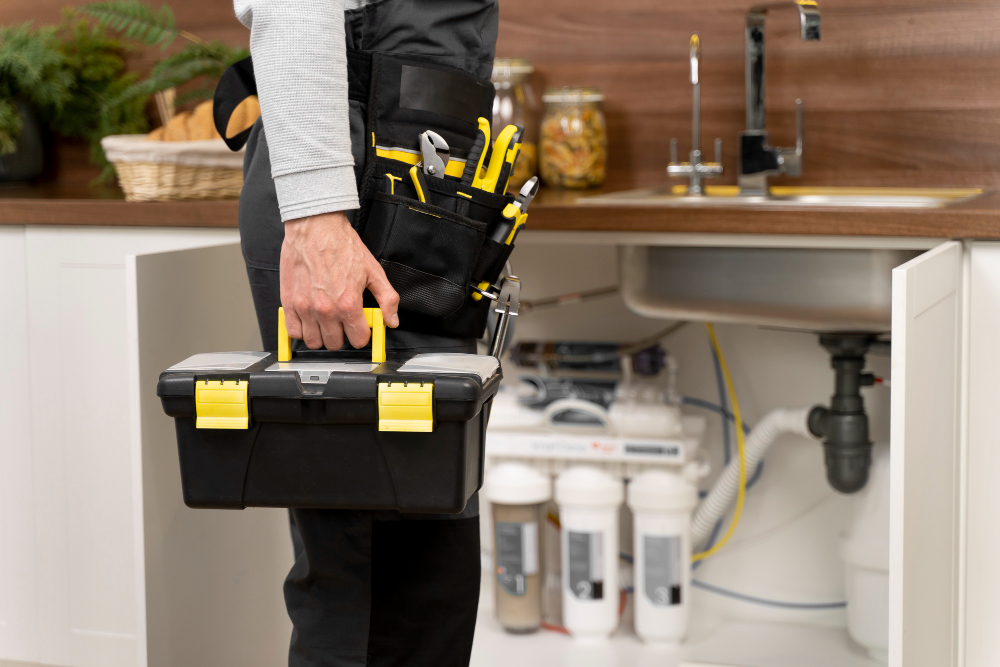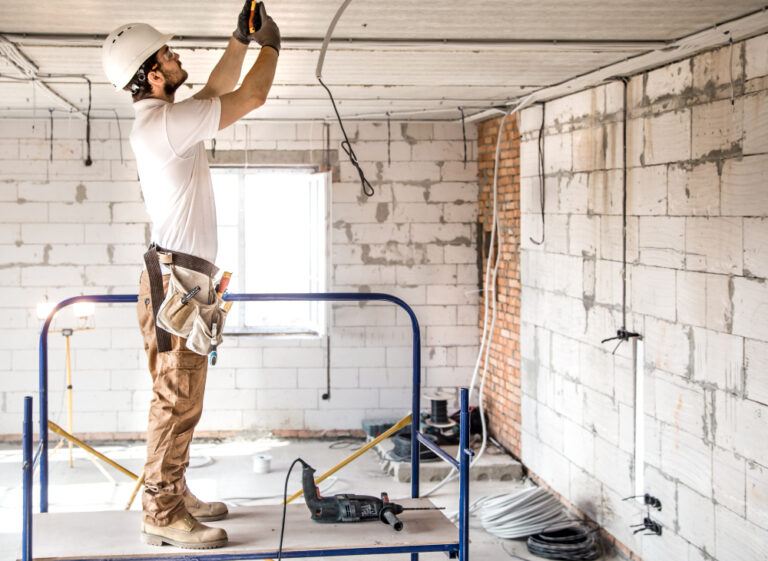Plumbing systems are essential components of any building, whether it’s a home or a commercial establishment. However, commercial and residential plumbing systems differ significantly in their design, usage, and maintenance requirements. This article aims to outline these key differences, providing a clear understanding of how distinct the two systems are.
1. Scale and Complexity
Commercial Plumbing:
Larger Scale: Commercial buildings like office complexes, shopping malls, and hotels have extensive plumbing systems due to their size.
Complexity: They often have multiple floors, requiring more pipes, outlets, and complex systems for water supply and waste removal.
Varied Usage: Commercial plumbing systems need to accommodate a wide range of facilities like public restrooms, industrial kitchens, and sometimes even specialized equipment.
Residential Plumbing:
Smaller Scale: Residential plumbing systems are generally less complex, serving a smaller number of people.
Simpler Design: A typical home has a more straightforward plumbing system with fewer pipes and outlets.
Consistent Usage: Residential plumbing is used consistently but not as intensively as in commercial settings.
2. Usage Patterns and Demand
Commercial Plumbing:
High Demand and Usage: Commercial buildings experience heavy, continuous usage, which puts a significant strain on the plumbing systems.
Varying Peak Hours: Usage patterns can be unpredictable, with peak hours depending on the type of commercial establishment.
Residential Plumbing:
Moderate to Low Usage: The usage is significantly less intense compared to commercial settings.
Predictable Usage Patterns: Residential plumbing systems generally have predictable peak usage times, such as mornings and evenings.
3. Maintenance and Repairs
Commercial Plumbing:
Regular Maintenance: Due to high usage, commercial plumbing systems require frequent, scheduled maintenance to prevent breakdowns.
Specialized Maintenance Teams: Often, commercial plumbing maintenance is handled by specialized teams or external contractors.
Compliance with Codes: Commercial plumbing systems must adhere to strict building codes and regulations, making maintenance more complex.
Residential Plumbing:
Less Frequent Maintenance: Residential plumbing systems usually require less frequent maintenance.
DIY Repairs: Many minor plumbing issues in residential settings can be addressed with DIY solutions.
Simpler Code Compliance: While residential plumbing still needs to adhere to codes, the regulations are generally less complicated than in commercial settings.
4. Installation and Upgrades
Commercial Plumbing:
Complex Installation: Installing plumbing in a commercial building is a large-scale project, often involving multiple floors and complex pipe networks.
Advanced Systems: Commercial buildings may require specialized plumbing systems, like grease traps in restaurants or industrial-grade boilers.
Residential Plumbing:
Simpler Installation: Residential plumbing installation is generally straightforward, with fewer complications.
Standard Systems: Most homes use standard plumbing fixtures and systems, with upgrades focusing on efficiency and aesthetics rather than capacity or industrial use.
5. Water Pressure and Supply Systems
Commercial Plumbing:
High-Pressure Systems: Commercial buildings require high-pressure systems to ensure water reaches all levels.
Sophisticated Supply Systems: These buildings often have complex systems for managing water supply, including large boilers and storage tanks.
Residential Plumbing:
Lower Pressure Needs: Residential buildings usually don’t need the high-pressure systems found in commercial properties.
Simpler Water Heating: Home systems typically involve a single water heater and do not require the large-scale water storage solutions.
Conclusion: Tailored Approaches for Different Needs
The distinctions between commercial and residential plumbing systems highlight the need for tailored approaches in installation, maintenance, and repair. Understanding these differences is crucial for property owners, plumbers, and residents to ensure the efficient operation and longevity of their respective plumbing systems. Whether it’s the high-demand, complex world of commercial plumbing or the more predictable and simpler residential plumbing, each has its unique challenges and requirements, underscoring the importance of specialized knowledge and skills in the field of plumbing.







